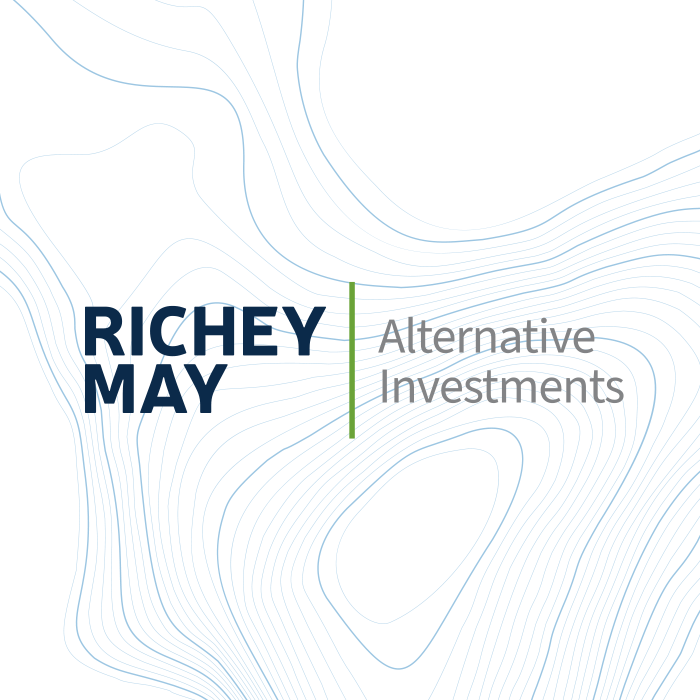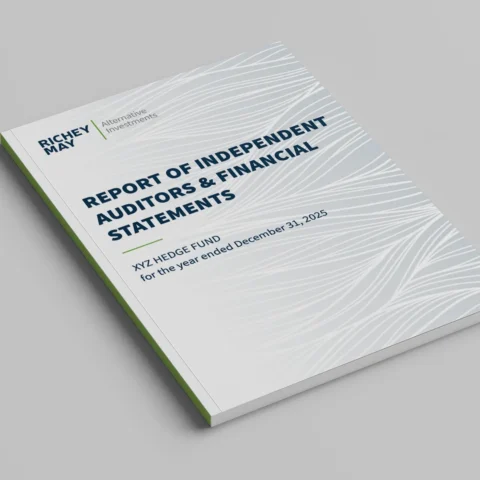In the ever-evolving hedge fund industry, 2022 may go down as the most transformative year yet.
That’s the prediction from Agecroft Partners in its 13th annual compilation of insights from hedge fund firms and institutional investors worldwide. We put together this quick summary of the year’s top industry trends to help fund managers get ahead — and stay ahead — of the changes on the horizon.
- Travel will resume. With Covid 19 posing a milder threat this year, most managers with competitive funds will take advantage of the opportunity for more face time with investors and start traveling again. Just one week into January, registrations for live events are already up – a healthy sign for business.
- Virtual work will stay. Investors held a lot of virtual meetings last year and aren’t about to stop now. Virtual meetings deliver myriad benefits: more efficiency, less unproductive commuting time, the option to record meetings for other investment team members and greater participation from senior members.
- Hedge fund flows will set new records. Pent-up demand from investors has triggered all the primary factors that drive flows to new managers, setting the stage for record flows. With investors in catch-up mode to update their portfolios, search activity will likely hit above-average levels too.
- Renewed focus on valuations will reign. Forget historical performance. This is the year to focus on current valuations and future returns. Rising inflation and interest rates mean more variations in the market and ample opportunities for skilled investors and managers to leverage the differences in relative valuations.
- Demand for long/short equity will soar. Greater disparities in valuation multiples between the S&P 500 and most small/mid-cap indices and non-US indices will soon contract. Long/short equity managers with the flexibility to take meaningful positions in small and mid-sized companies worldwide stand to benefit most.
- Lower returns will plague private equity. The best estimates place the value of undeployed capital in private equity funds at close to $1 trillion. As this capital gets invested in new deals, valuations will expand, along with the risk of illiquid leveraged equity plays. The bottom line: Lower returns and higher tail risk.
- Institutional demand will grow. With interest rates and credit spreads rising, investors will turn to hedge funds with two strategies to enhance returns: 1) Move assets away from fixed income allocation into a diversified portfolio, and 2) Include hedge funds in fixed income allocation re-categorized as “best in breed.”
- Cryptocurrency will be too big to ignore. A year-end tally of $3 trillion in crypto market capitalization will have long-term impact on the hedge fund industry, including a spike in flows to cryptocurrency funds, more cryptocurrencies in hedge fund portfolios and more funds offering a Bitcoin share class.
- Demand will grow for Capital Introduction Events. Investors use these events to expedite the process of screening and meeting with fund managers. In 2022, they’ll lean on virtual capital introduction events even more, especially large institutional investors with more conservative travel policies.
- The line between hedge funds and private equity will blur. Evergreen structures are reducing liquidity by extending their notice of redemption period. Fund managers are charging lower management and performance fees. Institutional investors are negotiating longer crystallization periods. Lines are blurring.
Read the full trend report to learn what these industry trends might signal for your fund. Learn more about the services Richey May provides to the alternative investments industry here or reach out to Steve Vlasak.





